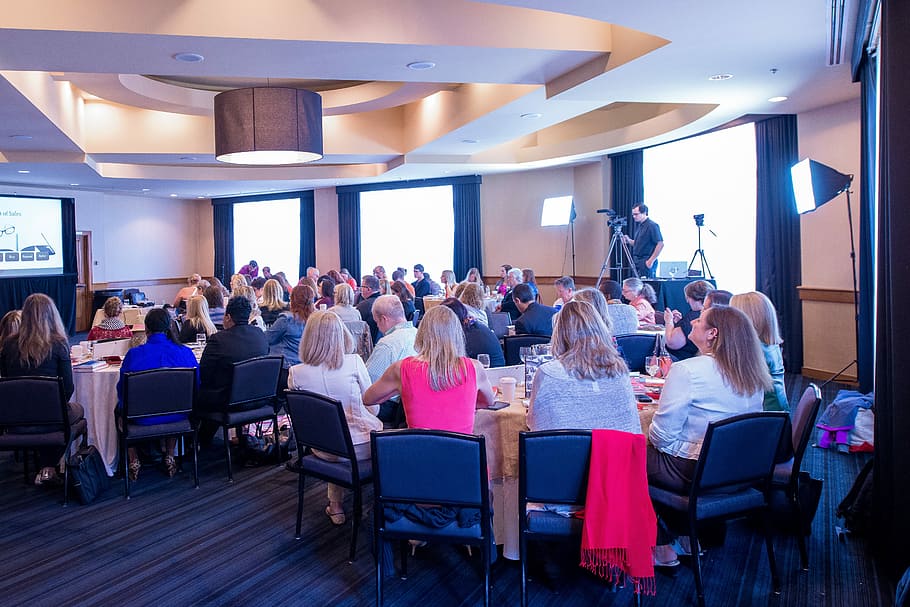Marketing your event effectively can make the difference between a packed house and empty seats. Here are 11 straightforward event marketing ideas to help you draw in a crowd and ensure your event is a success.
1. Create a Compelling Event Website
Your event website is often the first impression potential attendees will have. Make sure it’s easy to navigate, visually appealing, and mobile-friendly. Include all the essential information: date, time, location, speakers, agenda, and how to register. Don’t forget a strong call-to-action (CTA) to encourage sign-ups.
2. Leverage Social Media
Use social media platforms to build buzz around your event. Share updates, behind-the-scenes content, and highlight key speakers or activities. Create an event hashtag and encourage attendees to use it before, during, and after the event. Platforms like Facebook, Instagram, Twitter, and LinkedIn can be powerful tools for reaching your target audience.
3. Email Marketing
Email remains one of the most effective marketing tools. Send out regular newsletters with updates about the event. Highlight different aspects of the event in each email, such as keynote speakers, workshop details, or special activities. Include clear CTAs to register or learn more.
4. Collaborate with Influencers
Partnering with industry influencers can significantly boost your event’s visibility. Influencers can promote your event to their followers, share their personal excitement, and provide a trusted recommendation. Choose influencers whose audience aligns with your target demographic.
5. Early Bird Discounts
Encourage early registrations by offering discounted rates for those who sign up ahead of time. This not only drives early ticket sales but also helps gauge the initial level of interest and plan accordingly.
6. Engage with Local Media
Reach out to local newspapers, radio stations, and TV channels to promote your event. A press release can be an effective way to share key details and generate media interest. Local media coverage can help attract attendees from your immediate area.
7. Run Contests and Giveaways
Generate excitement and engagement by running contests or giveaways leading up to the event. Offer free tickets, VIP passes, or other event-related prizes. This can encourage social media shares and word-of-mouth promotion.
8. Utilize Paid Advertising
Consider using paid advertising to reach a wider audience. Platforms like Google Ads, Facebook Ads, and LinkedIn Ads allow you to target specific demographics, interests, and behaviors. This can help you reach potential attendees who may not be aware of your event otherwise.
9. Create Valuable Content
Produce content that adds value to your audience and ties back to your event. This could be blog posts, videos, podcasts, or infographics. Share insights from speakers, previews of event activities, or educational content related to your event’s theme. Valuable content can attract attention and establish your event as a must-attend.
10. Partner with Other Organizations
Collaborate with other organizations or businesses that share a similar audience. This can expand your reach and bring in attendees who might not have found your event on their own. Cross-promotion can be mutually beneficial and broaden your event’s exposure.
11. Engage Attendees with Interactive Content
Interactive content like polls, quizzes, and surveys can engage your audience before the event and get them excited about attending. Use these tools to gather feedback, understand attendee preferences, and tailor your event to meet their needs. Engaged attendees are more likely to spread the word and encourage others to join.
Conclusion
Effective event marketing requires a mix of strategies to reach and engage your audience. By leveraging a combination of digital tools, collaborations, and compelling content, you can maximize your event’s visibility and ensure its success. Remember, the key is to be consistent, creative, and responsive to your audience’s needs.




